Over the last several years, the gaming subgenre known as the “roguelike” seems to be making quite the comeback. It’s somewhat odd considering the grueling nature, and thus, the often niche appeal many of these titles provide, along with the fact that their roots stretch as far back as 1980 with Rogue; the game that started it all.
Perhaps it’s their structure built around short gameplay sessions resonating with an increasingly busy society, or that so many indie developers seem to have embraced these roguelike qualities. Whatever the reason though; the Rougelike Renaissance is real.
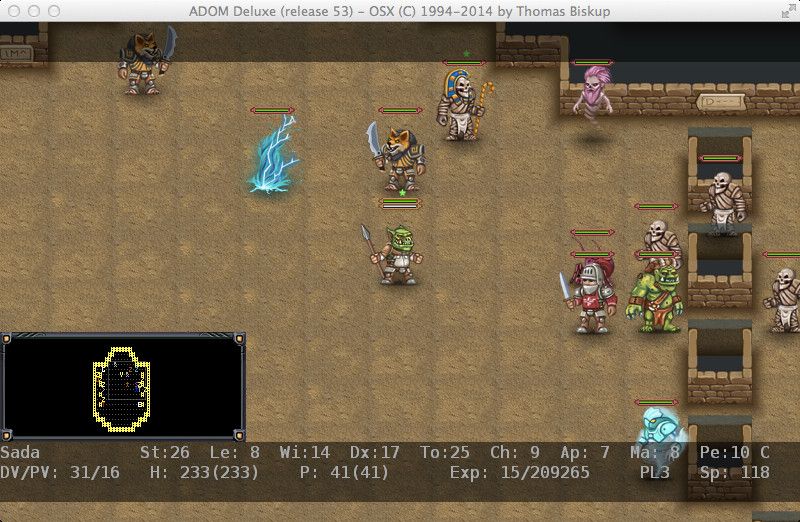
One only need look at the popularity of Faster than Light, The Binding of Issac or the re-release of ADOM on Steam for proof. Hell, there have even been recent events held for fans to celebrate and discuss the genre, as well as purchase roguelike gaming swag.
With roguelike back in the gaming conversation, it’s important to distinguish the characteristics of the roguelike from its cousin the rogue-lite. The term rogue-lite is used to describe games which borrow some attributes from their more grueling counterparts.
The distinction is important as it can help to explain what makes roguelikes so enduring and unique. Perhaps we’ll even entice some newcomers to delve into the dangerous depths of the genre.
But What Does it Mean?
Trying to pin down the exact genetic makeup of a roguelike is a bit dicey. You might say it’s similar to attempting to define heavy metal. Few can put their finger on precisely what it is, though most recognize it when it’s in front of them.
There also exists some grey area as to whether a game warrants the pure roguelike label, or whether its more casual-friendly attributes put it in rogue-lite territory. The genre often contains a level of subjectivity, overlaps with other genres, and exists as a spectrum of traits rather than being black and white, like a sim racer, sports game, or an FPS might be.
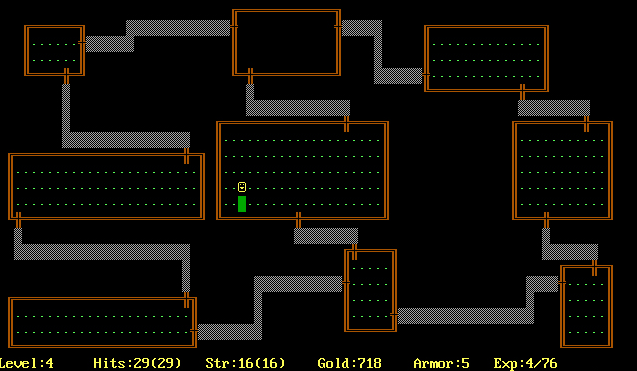
How then, can one define the roguelike, when there contains such a grey area? Well, the key elements constituting a true roguelike — at least those which most fans agree on — are as follows:
- Dungeon-crawling RPG elements
- PERMADEATH
- Turn based combat (usually on a grid)
- Absence of save or checkpoints (one-and-done)
- Randomization of environments, upgrades, and items/loot
- Heavy emphasis on strategic elements – stats, tactics, and item resourcefulness
Diet Rogue
Rogue-lites, on the other hand may contain some of these attributes (to maintain a degree of difficulty and depth), but will fall back on more casual-friendly elements and greater linearity. In rogue-lites, you’ll likely be able save and resume from checkpoints, make permanent upgrades to your character, and plot out your attacks based on predetermined attributes and scenes.
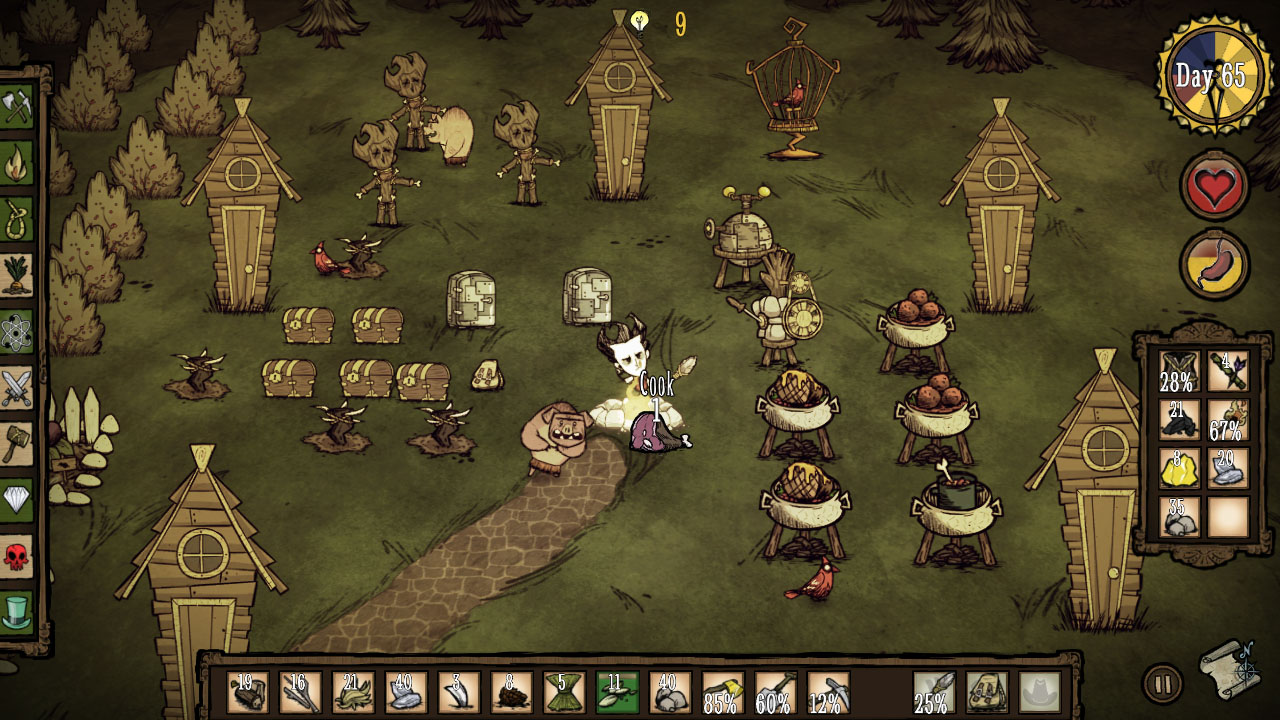
Another key difference is that you’ll usually have at least something concrete to show for time spent playing a rogue-lite. This often isn’t the case for the merciless roguelike. Progression is more typical, incremental, and isn’t left in the hands of the video game gods to such an extreme degree.
The Frozenbyte Theory
For a clearer example let’s look at two games from Frozenbyte. These games, from the same developer, demonstrate both the prototypical roguelike and a rouge-lite experience.O Or in dev speak, a “game with roguelike elements.”
Both titles, Has Been Heroes (roguelike), and Nine Parchments (lite), are enjoyable games which share roguelike qualities. Notably, they also contain certain distinctions. Some purists might cry foul in classifying Heroes as a straight up roguelike, but it’s certainly far closer to the “like” side of the spectrum than the “lite” side.
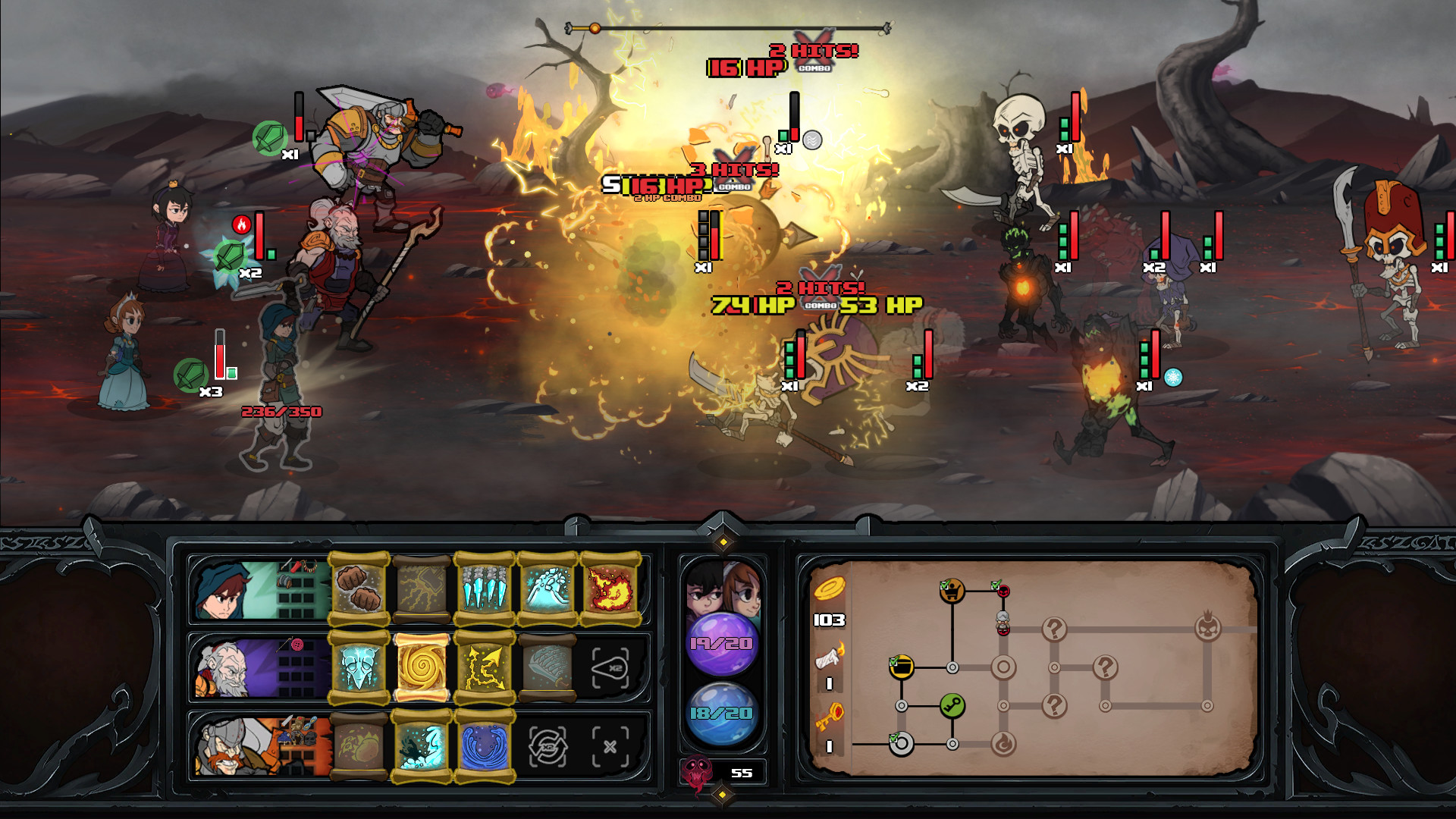
Let’s review the key traits found in Heroes – Hardcore grinding and an emphasis on stats? Check. Liberal usage of randomizing elements, including path nodes and enemies? Check. turn-based combat? Yep. One-and-done attempts and insane difficulty? Emphatic checks there…
The other, more recent example, Nine Parchments draws inspiration from some of these features. Enemy spawns are randomized. There is an emphasis on grinding and resource management. It even offers a hardcore mode that completely wipes your progress when dying. Yet, it ultimately dials back the more hardcore, frustrating characteristics. Players are provided saves and checkpoints, permanent unlocks, and predetermined paths.
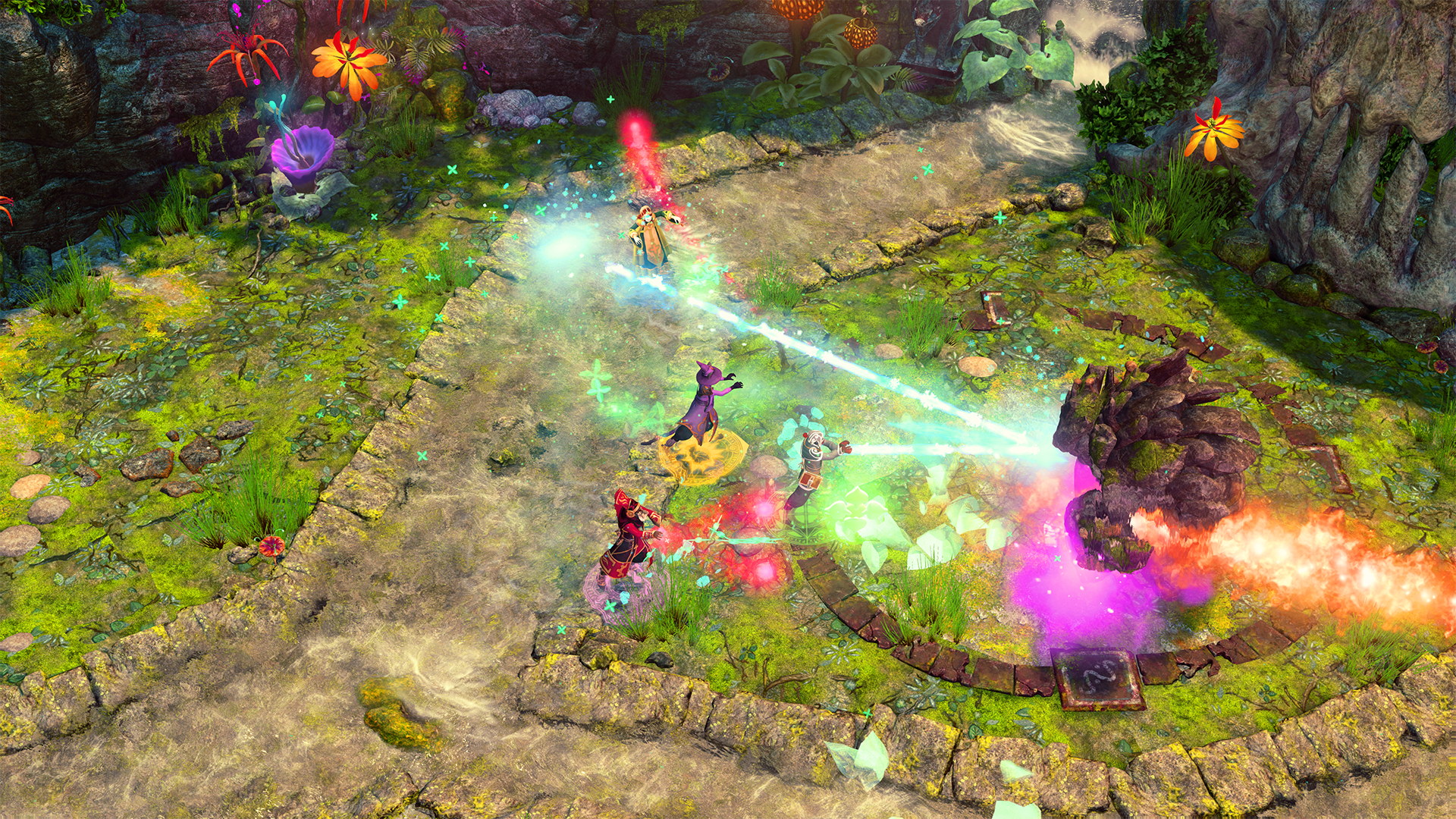
Both of these games are worth trying for their own reasons. Nine Parchments serves as a great bridge for newcomers wanting a taste of roguelikes and Heroes for more seasoned players seeking a proper challenge.
As these titles finely illustrate, the rogue-lite typically offers more of a mass-appeal. It provides a nice balance of complexity and simplicity. In contrast, traditional roguelikes more akin to Heroes typically come with a steeper learning-curve and a greater threshold of patience. The trade-off is that they also usually contain a higher ceiling of depth.
The Appeal Reignited
Whether a roguelike in its purest form, such as ADOM or Rogue, or the many indie rogue-lite offshoots that are contributing to the genre’s recent resurgence, this style contains a distinct charm that draws in gamers seeking a true challenge. The games reward grinding, dedication, and raw skill, which makes one feel all the more triumphant in overcoming their onslaught of obstacles.
But perhaps more importantly, the emphasis on randomization — and often sheer luck — makes for a fast-paced roller coaster of an experience that alters its course each time you take a ride. You can often burn through an entire run during lunch or your daily commute, and you’ll get a different experience each time. It’s these qualities that many indie developers and gamers alike seem to be picking up on, and why this genre can have a bright future indeed.



